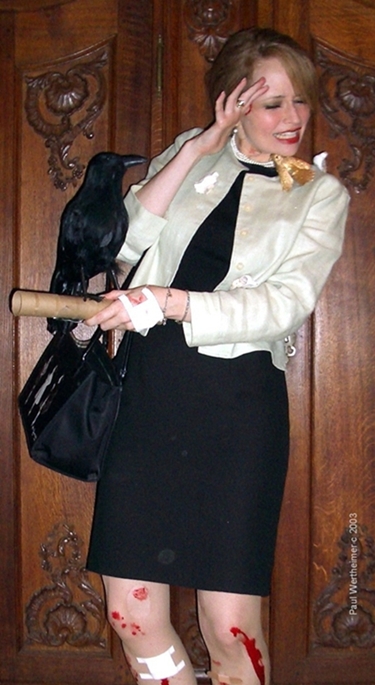 Here’s a shot of one of my fave costumes – a Hitch/Tippi homage.
Here’s a shot of one of my fave costumes – a Hitch/Tippi homage.
Speaking of Hitchcock, this topic came up last night at a Writers Bloc Presents discussion with film critic and historian David Thomson. “Vertigo,” which flopped upon its release in 1958, recently ousted “Citizen Kane” for the No. 1 spot on the BFI’s Sight & Sound poll of the greatest films of all time.
The question: Does “Vertigo” work with an audience or is it best appreciated at home/without a crowd?
Thomson, whose latest book is “The Big Screen,” was enthralling and I particularly enjoyed his assessment of why film noir continues to captivate. Said Thomson: “It’s about the lonely hero who may be going crazy. Many men have had that feeling in the last 60 years.”





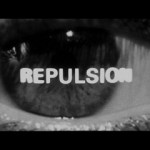
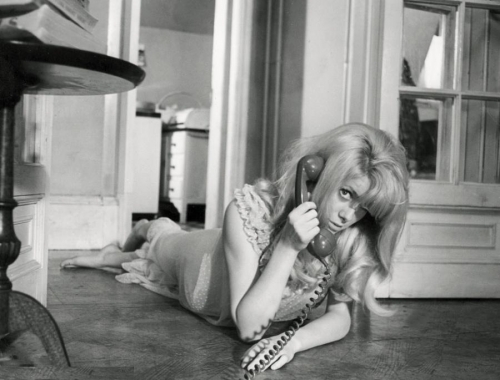
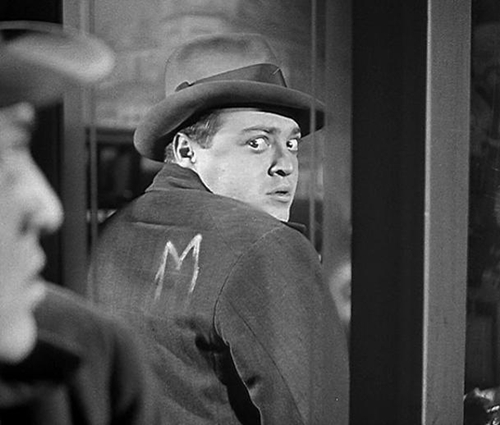
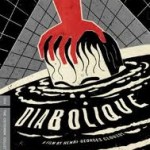
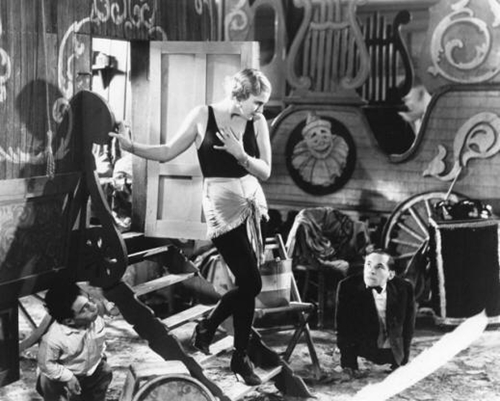
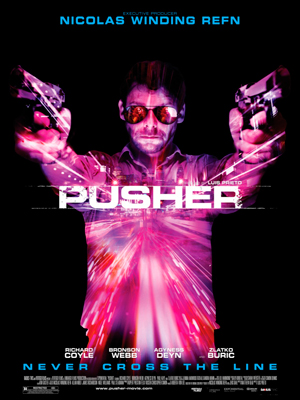
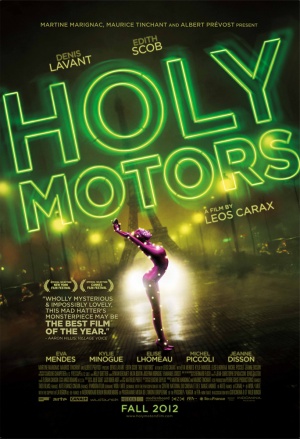
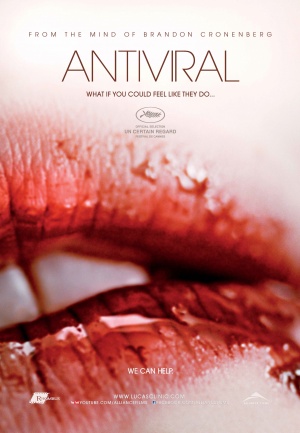
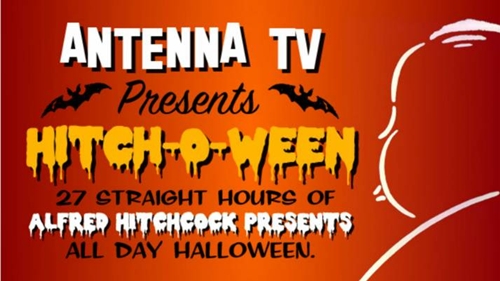
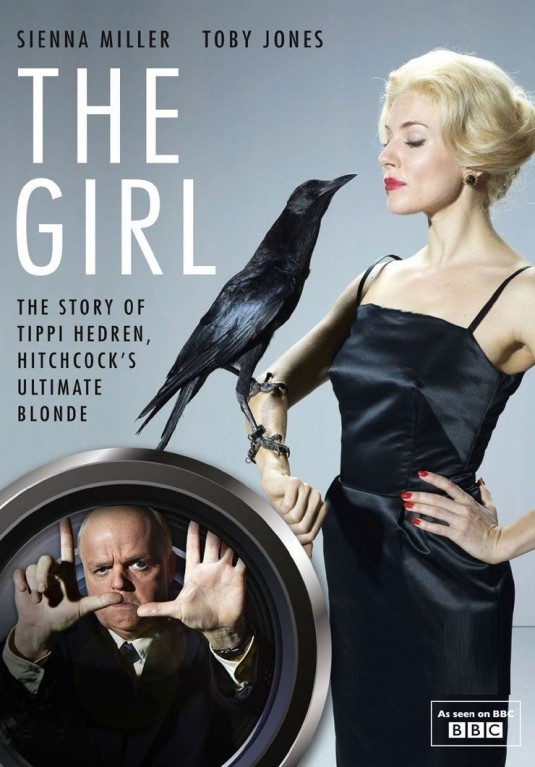
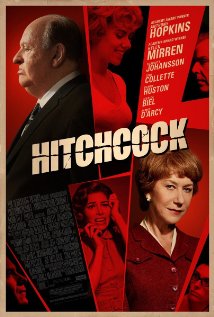
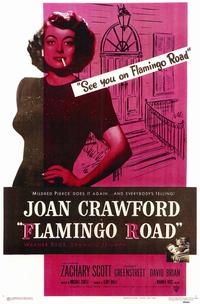
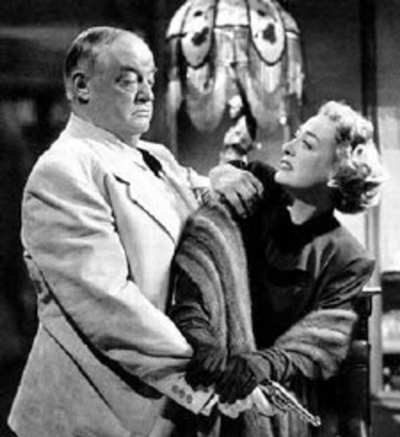
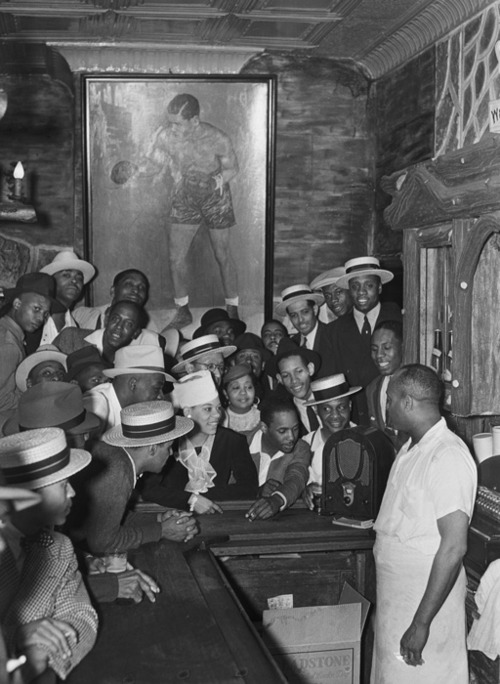
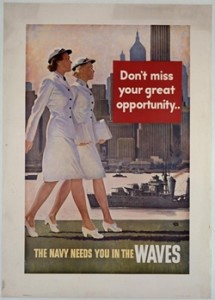
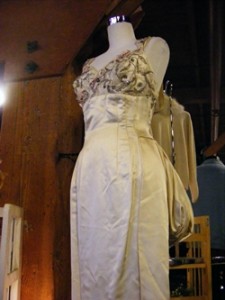

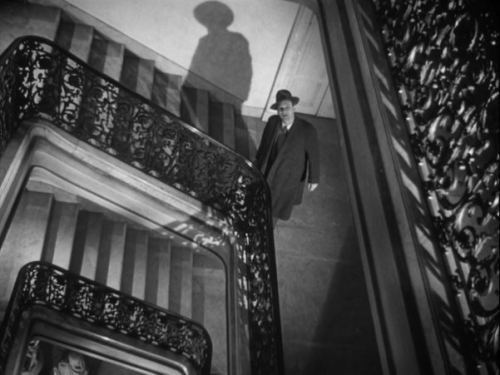
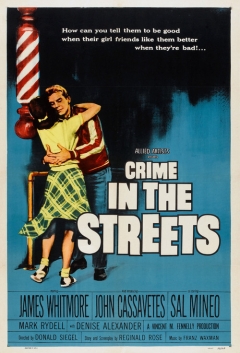





From FNB readers